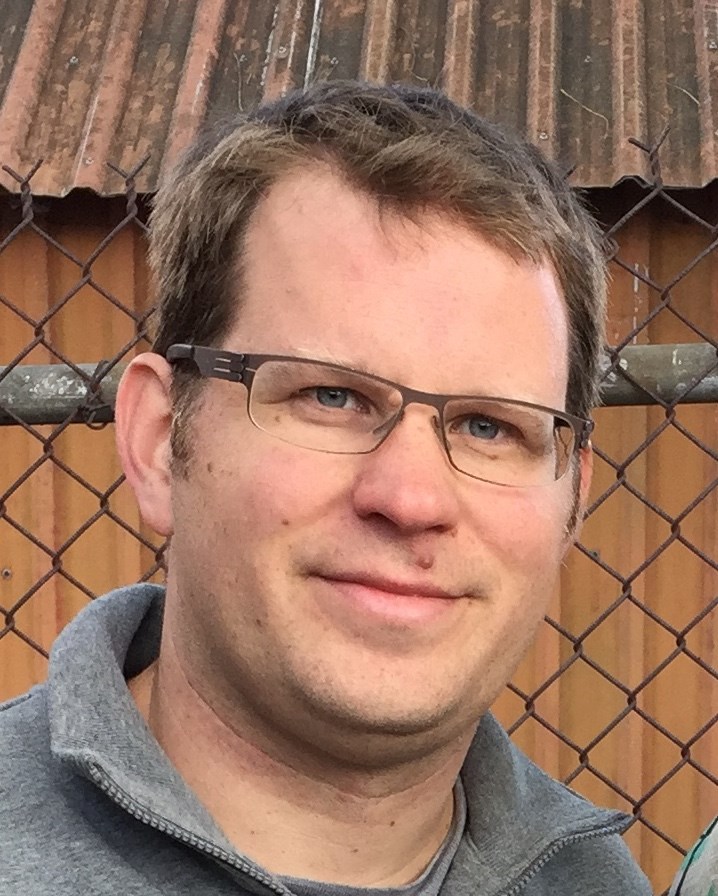People like to think they’re doing the right thing when it comes to recycling.
Often, however, the item they’re placing in the big blue bin might be recyclable, but only “where facilities exist.”
And that’s a key distinction, according to Peter Hargreave, president of Policy Integrity Inc.
“Almost every packaging and product I pick up has a recycle Möbius loop, but it'll often say 'where facilities exist,'" Hargreave said. “And that usually means that I need to check with my local government as to whether they take that material or not.”
Hargreave participated in a panel discussion as part of the Midland Cultural Centre’s Straight Talk series, a public affairs program designed to engage and inform the community on critically important topics and their impact on North Simcoe and beyond.
Entitled Recycling: Is it Working?, the Straight Talk event, which is now available to watch, features Hargreave along with Geoff Love, an environmental entrepreneur with Love Environment Inc., and Rob McCullough, the county’s solid waste management director.
Hargreave said the program looks at "some of the issues around recycling and waste more broadly."
“Certainly there is a pretty big appetite from the public, but we've certainly got a waste issue right now. People are seeing a lot more waste in the environment, particularly plastics.”
Hargreave said there's a growing concern surrounding plastic waste and the environment and what can be done to reduce the amount of plastic that might be leaking into the environment.
“Over the last number of years, there’s been a significant change in the composition of waste with the products and packaging,” he said. “We've seen a huge shift from paper and metal and glass to obviously, much more plastics.
“And that plastic system is a lot more difficult to manage.”
Hargreave said municipalities typically have funded infrastructure to collect and process recycling material, but that some materials might not comply with their specialized infrastructure.
“I think that's becoming more and more apparent, and so there's a growing appetite for a change in that system,” he said.
“There are not the type of market signals that are necessary to sort of ensure that there's a functioning system where materials are being properly collected, and managed and processed into new materials.”
But it’s not just consumers and municipalities that want to ensure everything they recycle or collect through the blue bin program can be properly recycled. Hargreave said manufacturers are also interested in addressing the issue to make sure their materials continue to be widely used and accepted going down the road.
Hargreave said the blue box system has been a good one and has seen an increase in the amount of materials that are now collected since its inception decades ago.
“But it's got a lot of downsides in how it's structured,” he said. “Every single individual municipality (County of Simcoe regionally) is making their own decisions as to what they collect.
“They don't have any ideas of what new packaging might be coming onto the marketplace. They don't have any decision making over that.”
That means municipalities have to wait to see what comes their way.
“This is where the push is starting to happen where you’re seeing a full producer responsibility model,” he said. “British Columbia has gone there, Florida is looking to move in that direction as well.
“What you're basically doing is saying to producers, ‘there's a cost there, you need to find a way to properly manage your product at the end of life.’ So, we're going to put targets on you to collect this material and manage it.”
This type of action, according to Hargreave, creates an incentive for manufacturers to be more cautious in what they make from conception to design to production.
“And because producers can take that more global perspective, they can deal with each of those elements in its own piece,” he said, noting in this type of system manufacturers are more apt to ensure what they’re producing are acceptable to governments.
“You’re starting to see an alignment happen right across the sector where governments are looking at this and starting to try to adjust their policies.
“And you've got producers that are looking at this through groups like the Canada Plastics Pact, which again, brings together all of these types of entities, and tries to solve these issues and find ways to address it.”
The Pact aims to create a circular economy in Canada in which plastic waste is kept in the economy and out of the environment with actionable targets by 2025.
“So they're starting to make changes themselves,” Hargreave said. “They've released a number of design rules that all of their members are looking to support.”
